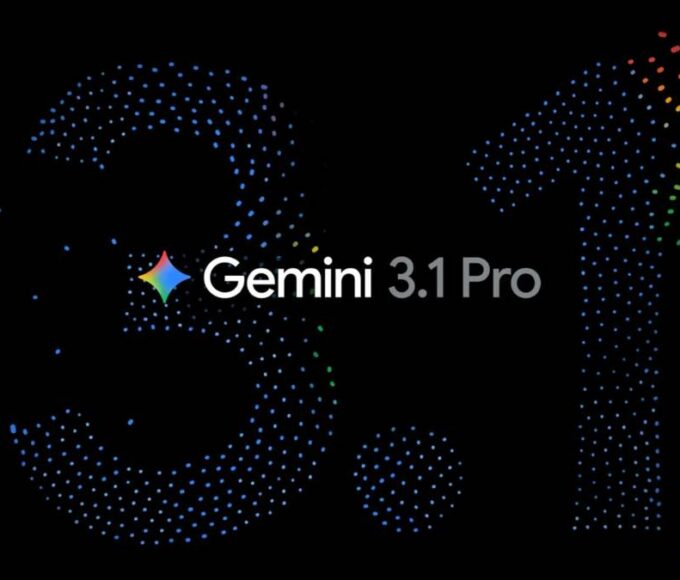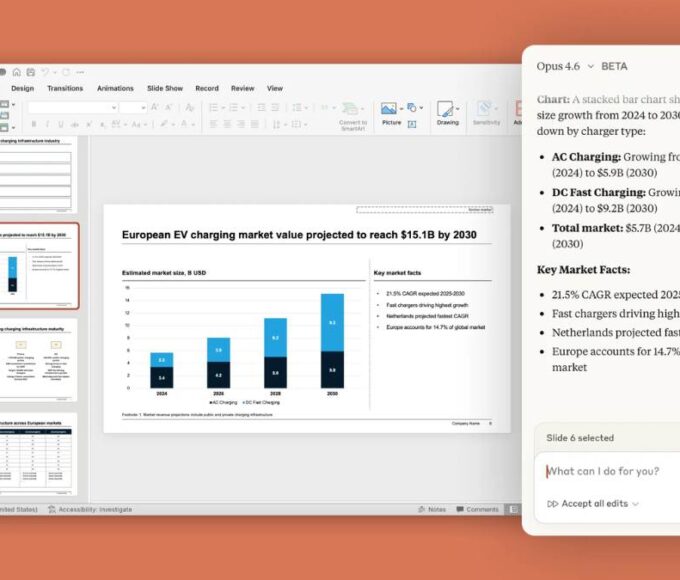Researchers have found evidence that people are beginning to adopt ChatGPT’s vocabulary preferences in their spoken language, creating what experts describe as a “cultural feedback loop” between humans and artificial intelligence.
A new study from the Max Planck Institute for Human Development in Germany examined language patterns before and after ChatGPT’s release 18 months ago. The researchers discovered that certain words favored by the AI chatbot have become noticeably more common in human speech.
The research team identified “GPT words” by uploading millions of pages of emails, essays, academic papers, and news stories to ChatGPT and asking it to “polish” the text. They then tracked which words the AI consistently preferred, including terms like “delve,” “realm,” “meticulous,” “underscore,” “comprehend,” “bolster,” and “swift.”
To measure the impact on human speech, researchers analyzed over 360,000 YouTube videos and 771,000 podcast episodes from before and after ChatGPT’s launch. Even after controlling for synonyms and scripted content, they found that GPT words had increased in frequency in spoken English.
“The patterns that are stored in AI technology seem to be transmitting back to the human mind,” study co-author Levin Brinkmann told Scientific American. “It’s natural for humans to imitate one another, but we don’t imitate everyone around us equally. We’re more likely to copy what someone else is doing if we perceive them as being knowledgeable or important.”
The findings suggest that people may be viewing AI as a cultural authority, with the researchers noting that “machines, originally trained on human data and subsequently exhibiting their own cultural traits, can, in turn, measurably reshape human culture.”
However, the study comes with important limitations. The research focused on specific GPT models (GPT-4, GPT-3.5-turbo, GPT-4-turbo, and GPT-4o), which may become outdated as OpenAI releases new versions with different language patterns. Additionally, the data included significant amounts of academic content, which may not reflect broader casual speech patterns.
Language experts caution that vocabulary changes occur for many reasons beyond AI influence. While ChatGPT may be contributing to language shifts, numerous other social and cultural factors also shape how we communicate.
The study, published as a preprint on arXiv, has not yet undergone peer review. The researchers emphasize the need for continued monitoring of AI’s influence on human culture and communication as these technologies become more prevalent.











